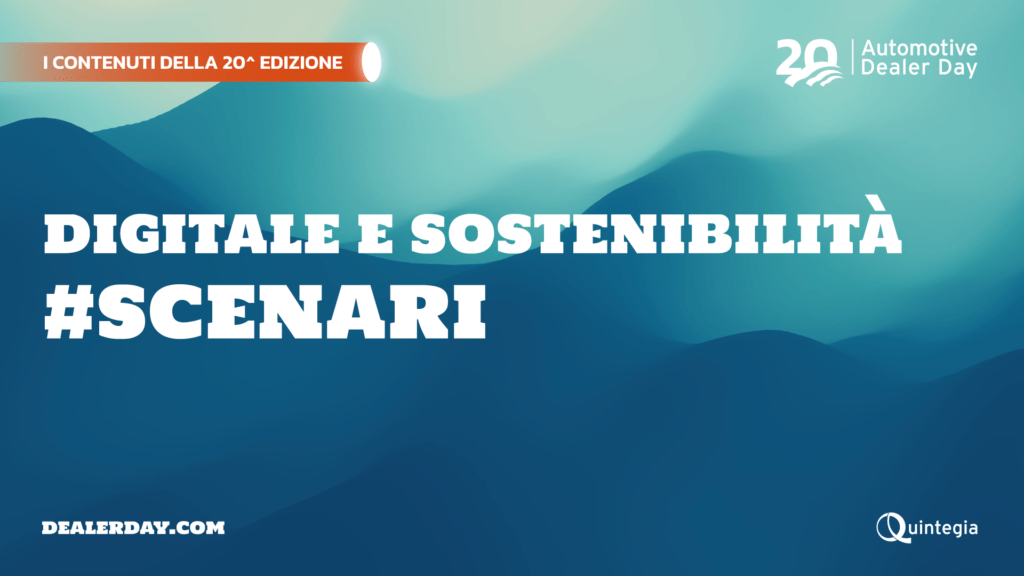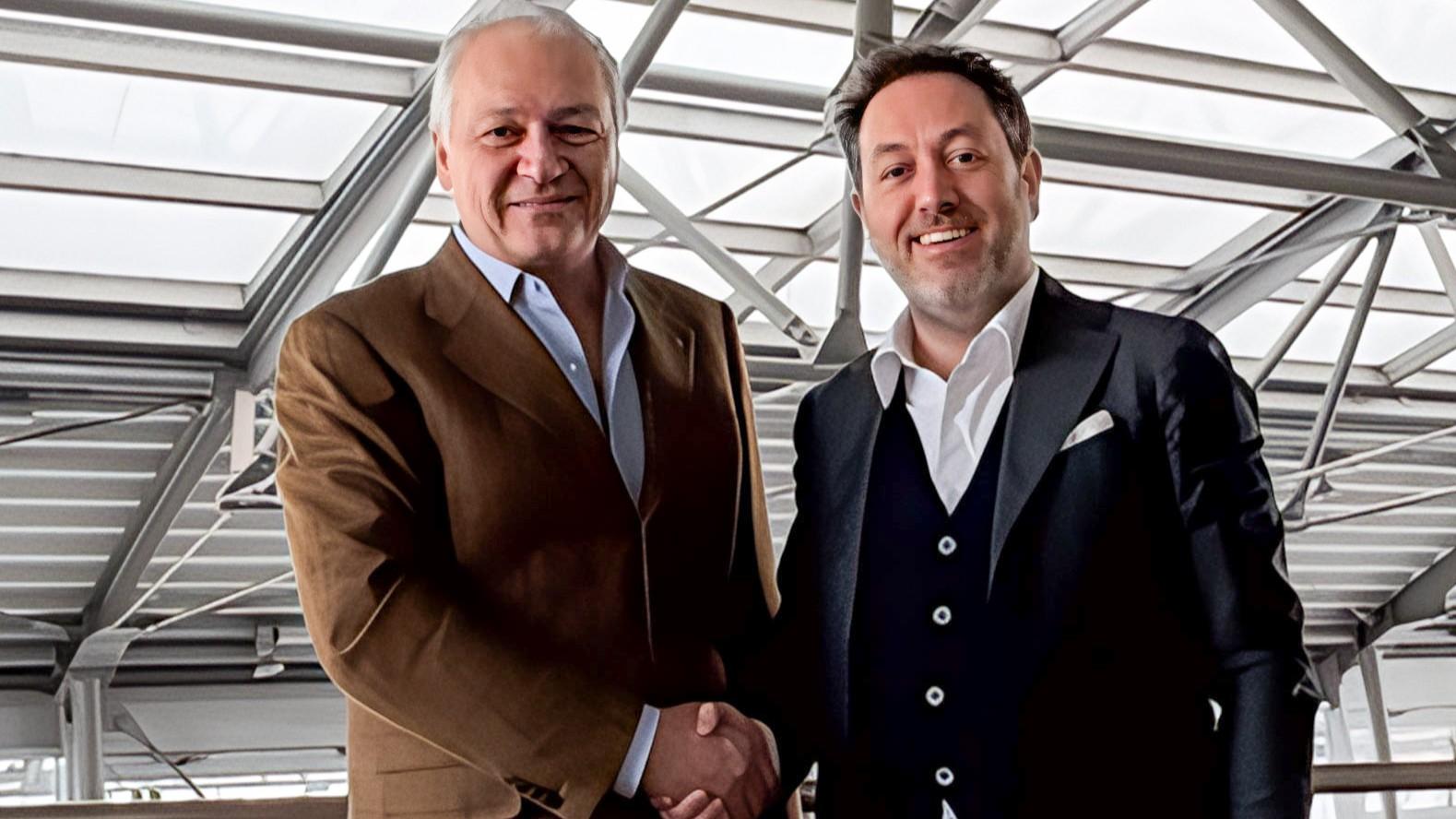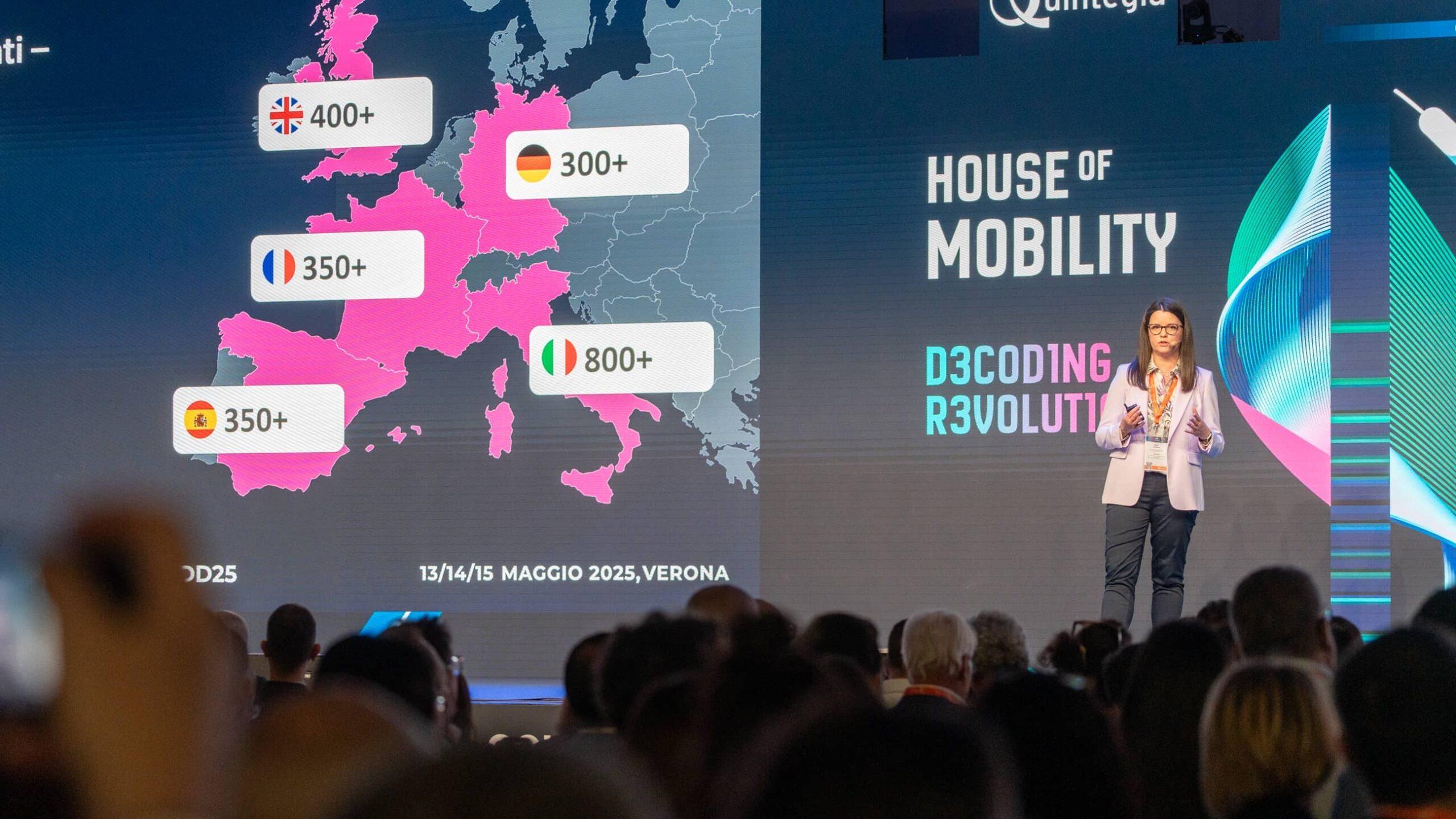The rising cost of money and inflation, the disruption of the food supply chain due to the conflict between Russia and Ukraine, the crisis in geopolitical balances with China experiencing a significant slowdown, and the major issue of energy costs in Europe influenced by both import restrictions and a strong push towards renewable sources. These are the key elements influencing the European economic and social landscape, resulting in a highly volatile and uncertain financial market. This photograph was designed by Mariangela Pira, during the recent Automotive Dealer Day, emphasized how crisis situations can give rise to various opportunities. For instance, the issue of energy costs has initiated a process of diversifying energy sources, which under normal conditions would have taken much longer.
In such an uncertain scenario, it is challenging to plan long-term business strategies, given the multitude of variables in constant flux, including GDP growth forecasts. Professor Marco Giorgino, from the Fintech & Insurtech Observatory at the Polytechnic University of Milan, noted that even financial indices are currently experiencing significant fluctuations and volatility. The impact of the Russia-Ukraine situation on these indices is even greater than that of the recent health emergency, making central bank interventions crucial.
In this complex context, it is essential to conduct analyses that allow for the simulation of negative trends and the planning of solutions to address them. Moreover, it is imperative to make investment choices that align with current trends and have the right level of risk: that’s why it’s important to talk about sustainable finance..
Sustainable finance is discussed when a capital market is identified that can fund the transformation of the current economic model into one that considers not only economic and financial variables but also social, environmental, and governance. It’s crucial to emphasize that sustainable finance means finance – as BlackRock CEO Larry Fink stated in his letter – because sustainable investments will have real and quantifiable financial impacts in the long term. For investors, focusing on sustainability means optimizing the risks associated with an investment, as sustainable companies are less risky and achieve better performance over time. Similarly, for entrepreneurs, raising funds from the market by proposing sustainability themes is much easier, considering that banks have included sustainability profiles in their evaluation criteria.
The increasing emphasis on sustainability aligns with another significant trend of this period: digitalization. The digital transformation is changing how people interact with the world, shifting from tangible to intangible, creating a context where data becomes invaluable.
One current application of this evolution towards digitalization is the fintech sector, which represents a fusion of finance and digital technology, not just computer science. Areas that are and will be most impacted by this trend include payment services, wealth management, insurance, and credit management. Fintech services offer an additional leap forward by providing efficiency, speed, transparency, and security at competitive prices.
This is just one example illustrating how companies and customers are changing their mindset and approach to sales and consumption in a world where technology leads to dematerialization, which is also important from a sustainability perspective. However, digitalization should not be confused with depersonalization; on the contrary. Indeed, digitalization is bringing the individual and their specific needs back to the center within today’s context, where continuous dialogue with those who use a product or service persists, necessitating alignment with the user. The economic value changes because it no longer depends solely on the product but on the process it triggers, increasingly assuming a social and therefore sustainable dimension.












